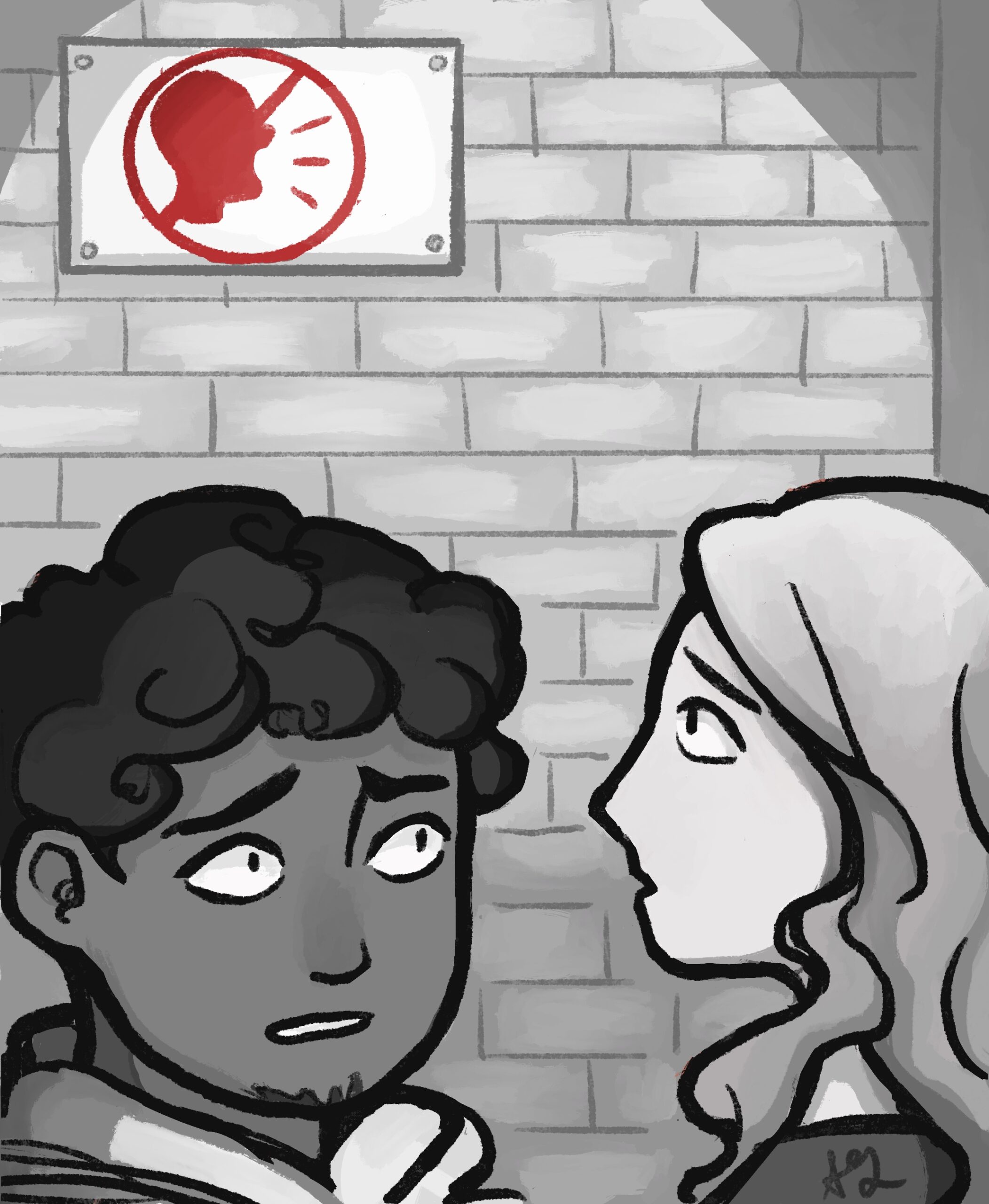CHLOE KOWALYK
Editor in Chief

SUNY Fredonia has been given a “red light” regarding free speech policies and actions on campus.
This ranking was given by the Foundation for Individual Rights and Expression (FIRE), an organization that examines rights on college campuses across the United States.
FIRE is now expanding to off-campus rights advocacy, providing legal defense to those whose rights have been restricted.
On Feb. 6, The Leader received an email from FIRE’s Communications Campaign Manager, Alex Griswold.
The email states that the week prior to the email, FIRE released their “2024 Spotlight on Speech Codes” report.
This report features 489 colleges across the nation, and rates them as having either a “green light, yellow light or red light” based on how much the policies of that college restrict student speech.
As also included in the email, Fredonia received a “red light” rating from FIRE.
According to FIRE’s Director of Policy Reform, Laura Beltz, this red light rating is, “awarded to policies that clearly and substantially restrict speech that is protected under the First Amendment. In other words, policies that, on their face, restrict a substantial amount of speech on campus.”
This means that Fredonia has at least one policy that is restricting protected speech.
According to Beltz, this policy is called the “Sexual Discrimination and Sexual Harassment” policy.
“Speech that is a part of harassment is not protected by the First Amendment. However, Fredonia’s policy defines sexual harassment so broadly that it includes a great deal of protected speech,” she said. “The policy states that sexual harassment in the educational setting is any ‘[u]nwelcome conduct of a sexual nature.’”
Beltz explained that this type of speech, while often unfavorable, is protected under the First Amendment.
She gives the examples of how a single dirty tweet can be deemed “unwelcome conduct of a sexual nature,” resulting in severe consequences for a student who may actually be protected under the First Amendment.
“It’s kind of like how all squares are rectangles, but not all rectangles are squares — all sexual harassment is unwelcome conduct of a sexual nature, but not all unwelcome conduct of a sexual nature is sexual harassment,” Beltz said.
In addition, she said that the United States Supreme Court’s standard for peer harassment in a school setting requires that content is, in the Court’s terms, “so severe, pervasive and objectively offensive, and that so undermines and detracts from the victims’ educational experience, that the victim-students are effectively denied equal access to an institution’s resources and opportunities.”
Beltz stated that Fredonia’s policy does not contain these components, and it “doesn’t require that the conduct effectively denies a person access to the university’s resources and opportunities.”
Several other of Fredonia’s policies received FIRE’s yellow light rating due to their perceived vagueness and narrowness.
Beltz offered several ways students can advocate for policy reform and emphasize student rights to free speech on campus.
“Students who are concerned about their free speech rights on campus should let their administration know, whether that’s through a student government resolution urging policy reform, an op-ed, or writing to or meeting directly with administrators to discuss how policies could be revised to both target misconduct and safeguard free speech rights,” she said.
She also mentioned that students can urge Fredonia’s administrators to revise these policies to better fit the standards the First Amendment presents.
Beltz said that these policies should “[target] misconduct that is not constitutionally protected and [prevent] disruptions to the campus while still allowing for students to get out and express themselves on all topics.”
Limited speech on campus can harm democratic debate and the freedom students have to engage in free speech.
Beltz stated that FIRE can work with Fredonia to provide some revisions to the policies mentioned above, and can model examples of these policies that other institutions have.
Student opinion has yet to be collectively expressed regarding this topic, and it will remain to be seen if and how Fredonia’s policies are affected by these ratings.
